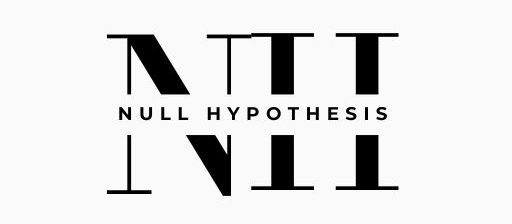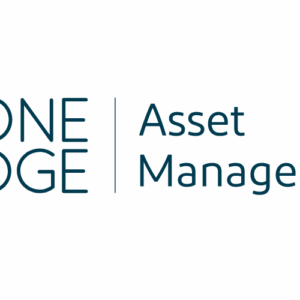A year after the US, Israel approves crypto funds while ramping up tax enforcement and regulatory frameworks.
A year after the United States: This week, six Bitcoin-related mutual funds are to begin trading in Israel. The Israel Securities Authority does not authorize funds to hold the underlying assets, most of which will mirror American funds. However, the new funds will provide the Israeli market with a particularly restrained institutional way — through banks or investment houses — to gain exposure to a dominant asset in the crypto market without needing to set up and maintain a digital wallet or use a crypto exchange. While this might seem like a significant delay, it’s largely a matter of perspective.
Bạn đang xem: Bitcoin mutual funds debut in Israel as regulators tread carefully
Israel is a small player in the global crypto market, often following the approaches of larger countries. In any case, most countries in the world have yet to approve trading in such funds.
1 View gallery

Xem thêm : Is TIAA-CREF Large Cap Value Premier (TRCPX) a Strong Mutual Fund Pick Right Now?
eToro CEO Yoni Assia and Fireblocks CEO Michael Shaulov
(Photos: Dudi Hasson and Yulia Ner)
That doesn’t mean the local crypto market is stagnant. In fact, it has been urging regulators and decision-makers for years to create clearer regulations and make it easier for users to participate. For instance, there have been calls to require banks to accept funds from crypto exchanges or those derived from the sale of digital assets, and for tax authorities to develop suitable reporting mechanisms.
Between 2018 and 2022, the Tax Authority received only 500 reports on crypto transactions, while the Comptroller’s Office estimated that at least 200,000 reports should have been filed. In the absence of proper reporting and regulation, the Comptroller’s Office estimated that the state was losing 2-3 billion shekels in tax revenue, given the massive price rally in the crypto market. This estimate now seems conservative.
Such opportunities to collect tax revenue don’t come often, and regulators have begun issuing notices at an unprecedented pace — three in three weeks.
Xem thêm : 10 smart strategies to protect your wealth, make more money in 2025
A week after the Comptroller’s report was published, the Tax Authority issued a legal memorandum stating that cryptocurrencies and similar digital products will be classified as assets, with profits subject to capital gains tax. Shortly thereafter, the Ministry of Finance and the Tax Authority committed to implementing the OECD CARF standard, which facilitates the automatic exchange of crypto asset information. In December, Finance Minister Bezalel Smotrich announced that the Capital Market Authority would oversee entities involved in minting and issuing digital currencies. Later that month, the Ministry of Finance published draft regulations to regulate withholding tax for supervised entities dealing with digital assets. These regulations aim to encourage foreign players to obtain licenses and operate in the Israeli market.
According to a KPMG report for the 2023 Crypto Company Forum, Israel is home to 174 crypto companies employing 3,800 people. However, companies like eToro and Fireblocks are significant players, with eToro employing over 800 people and Fireblocks 300 people. Over the past decade, crypto companies in Israel have raised approximately $3.8 billion (including cryptocurrency offerings), with $1.7 billion coming from just six companies. Fireblocks leads with $939 million in fundraising, followed by eToro with $473 million. The report also estimates that 10% of Israeli residents hold digital assets.
The regulators’ actions may provide more certainty for Israeli customers, even though they remain few in number. This is especially important for Israel’s emerging crypto companies. While Israel does not yet have many large crypto companies, Fireblocks — which provides secure infrastructure for crypto transactions — is the market leader, valued at $8 billion in its most recent funding round in 2022.
eToro is another notable player, though crypto is only part of its business. Last September, the platform even delisted a long list of currencies as part of an agreement with the US Securities and Exchange Commission.
Until the recent market downturn, Celsius, a trading platform founded by Alex Mashinsky and Daniel Leon in 2017, was the largest and most famous Israeli player. In 2021, Celsius filed for bankruptcy, and this month Mashinsky pleaded guilty to commodity fraud and conspiracy to manipulate the price of the company’s cryptocurrency, Cel. The company’s CFO, Roni Cohen-Pavon, also pleaded guilty to fraud. Celsius’s collapse rocked the entire crypto market, exposing the web of interconnections between different platforms and their manipulation tactics.
All current regulatory actions in the Israeli market are limited, including trading in Bitcoin-related mutual funds — and that’s a good thing. Caution is necessary in a small market because, if a company like Celsius were to emerge in Israel, offering the same investment and loan products, the Israeli regulator would have very few tools, technological or human, to protect users in real time.
Nguồn: https://nullhypothesis.cfd
Danh mục: News






